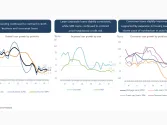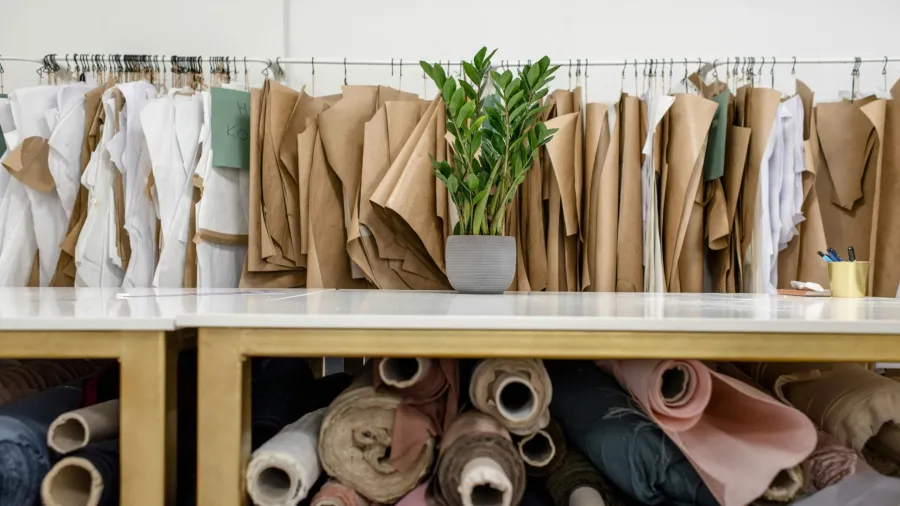
Indonesia's garment, textile industry urges gov't action on imports, costs, instability
The industry faces challenges such as low competitiveness, widespread layoffs, and diminishing export markets.
The garment and textile sector in Indonesia is appealing for the incoming government's support to address issues of illegal imports, rising costs, and global instability.
In a GlobalData report, industry associations stressed the need for heightened government backing as the sector, employing 3.2 million people and contributing 1.8% to the GDP, faces challenges such as low competitiveness, widespread layoffs, and diminishing export markets.
Prabowo Subianto, set to assume office in October, vowed to build on the successes of the previous administration, with a focus on developing Indonesia by 2045.
Redma Gita Wirawasta, chairman of the Association of Fiber and Filament Yarn Manufacturers (APSyFI), noted the prevalence of smuggled and counterfeit products, constituting 60 to 70% of the domestic market. He urged the government to take swift action, including bans and confiscation, to facilitate legitimate sales.
Export trades face obstacles due to supply chain disruptions caused by global events, including Russia's invasion of Ukraine and the Israeli invasion of Gaza, leading to increased freight rates.
"He has the same vision [as outgoing President Joko Widodo] of making Indonesia a developed country by 2045, and that requires adequate and equitable economic growth and development, which can only be achieved if the industry runs well," said Wirawasta.
According to a recent report by Mordor Intelligence, Indonesia's textile sales are projected to grow by 5.54% annually over the next five years, reaching $18.1b by 2029. The report identified factors such as a large population, a youthful demographic, a growing middle class, and increasing urbanization driving this growth.
Rizal Tanzil, secretary general of the Indonesian Textile Association (API), also outlined critical challenges for the incoming government, including boosting local demand, enhancing industry competitiveness, reducing utility costs, and ensuring a stable supply of skilled labour and raw materials.
Tanzil expects the government to fulfil promises such as support for technological advancements like 5G and the Internet of Things to add value to textile products.
"The illegal import issue should be solved by law enforcement. We hope the industry's proposal to change the post-border to border system could be realised,” he said.
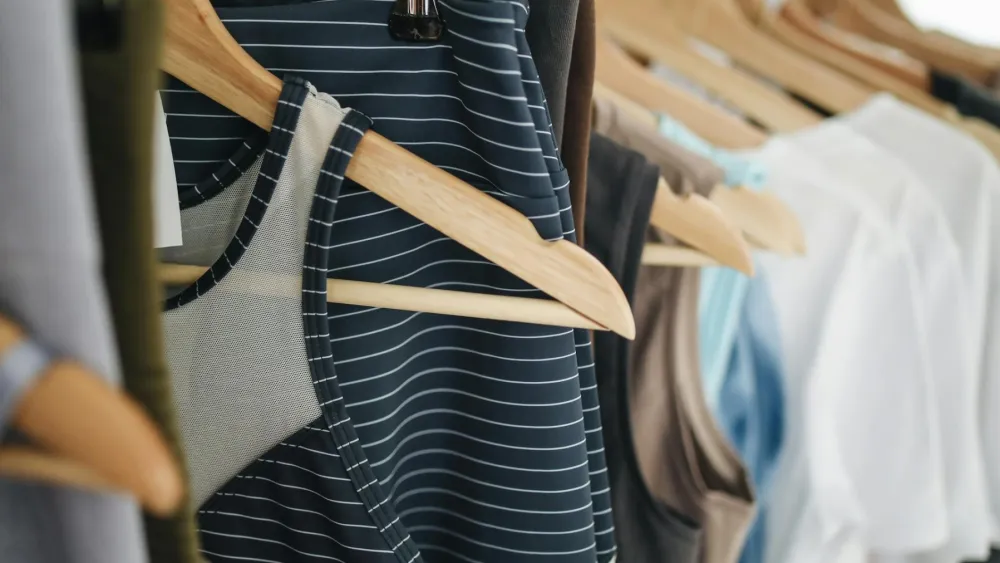
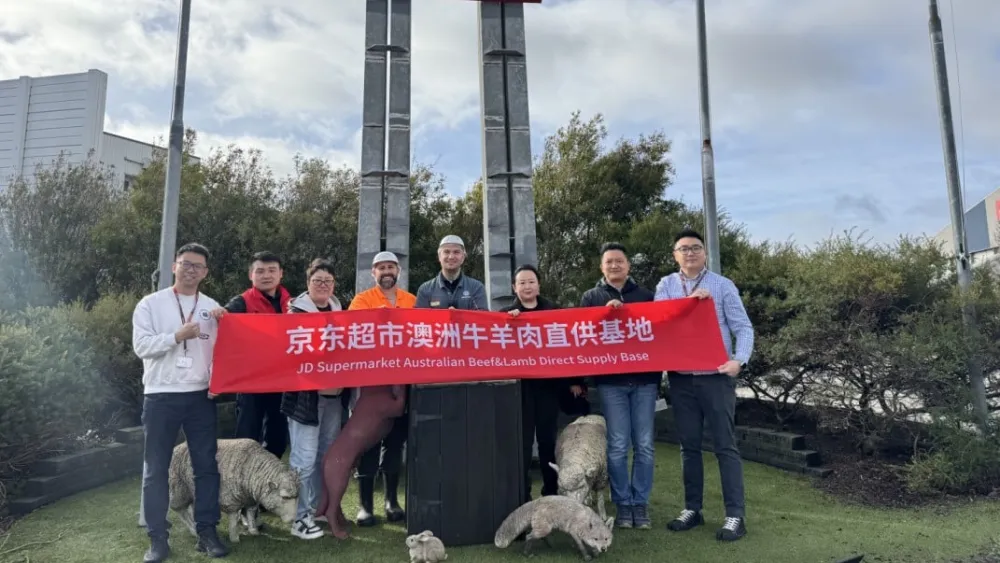



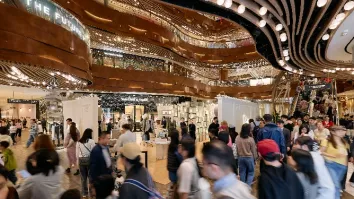













 Advertise
Advertise

